Antipopes of the Antichurch
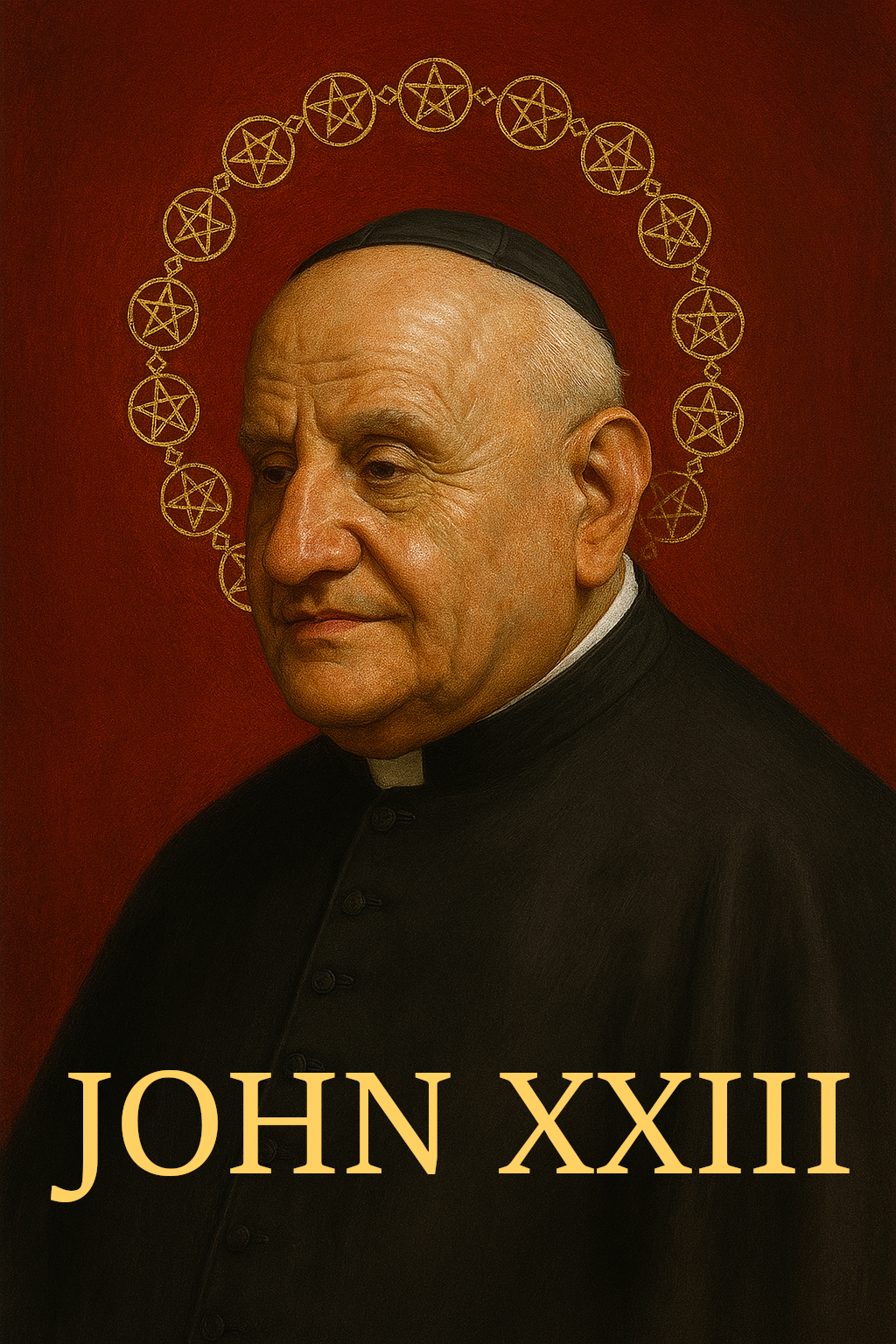



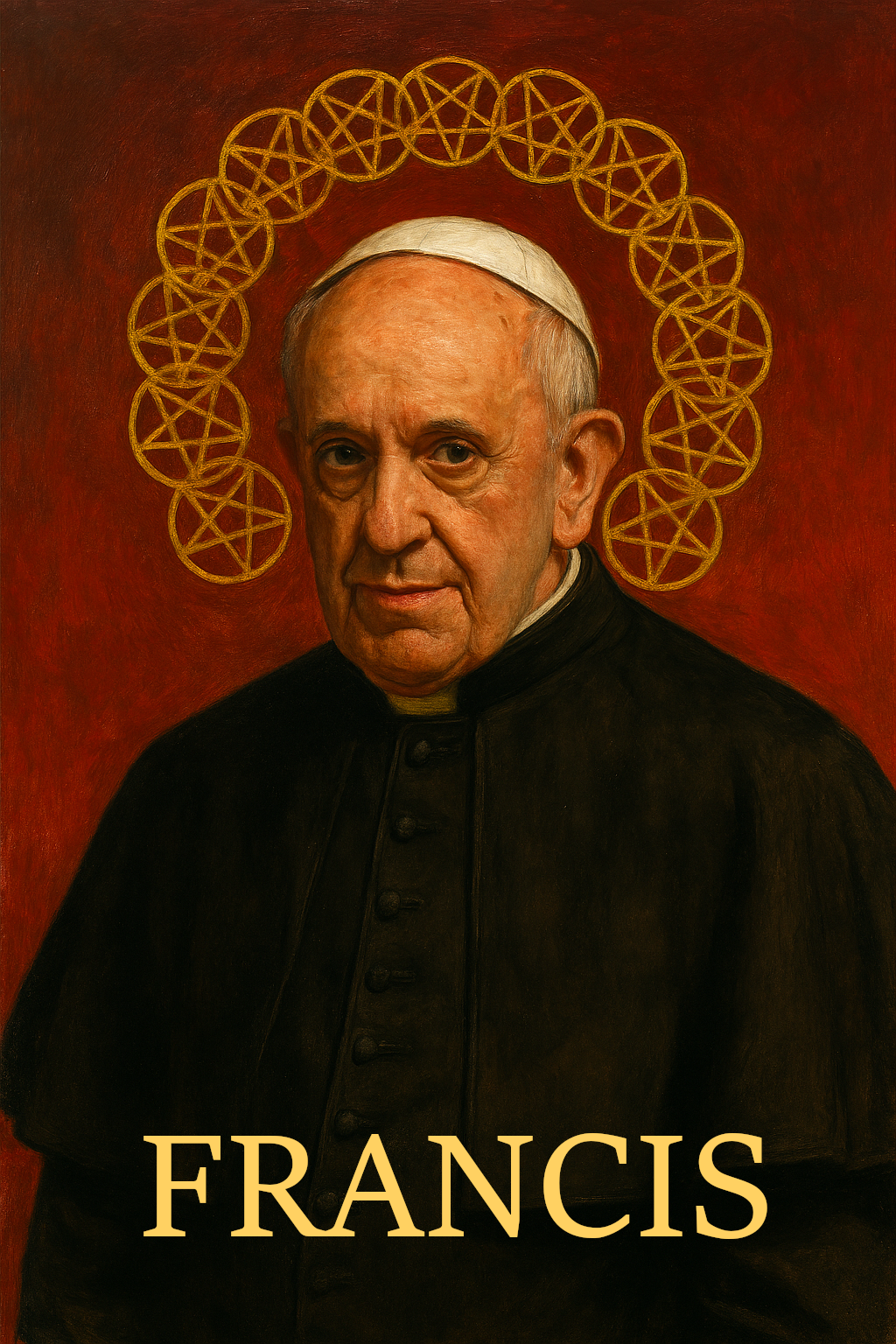


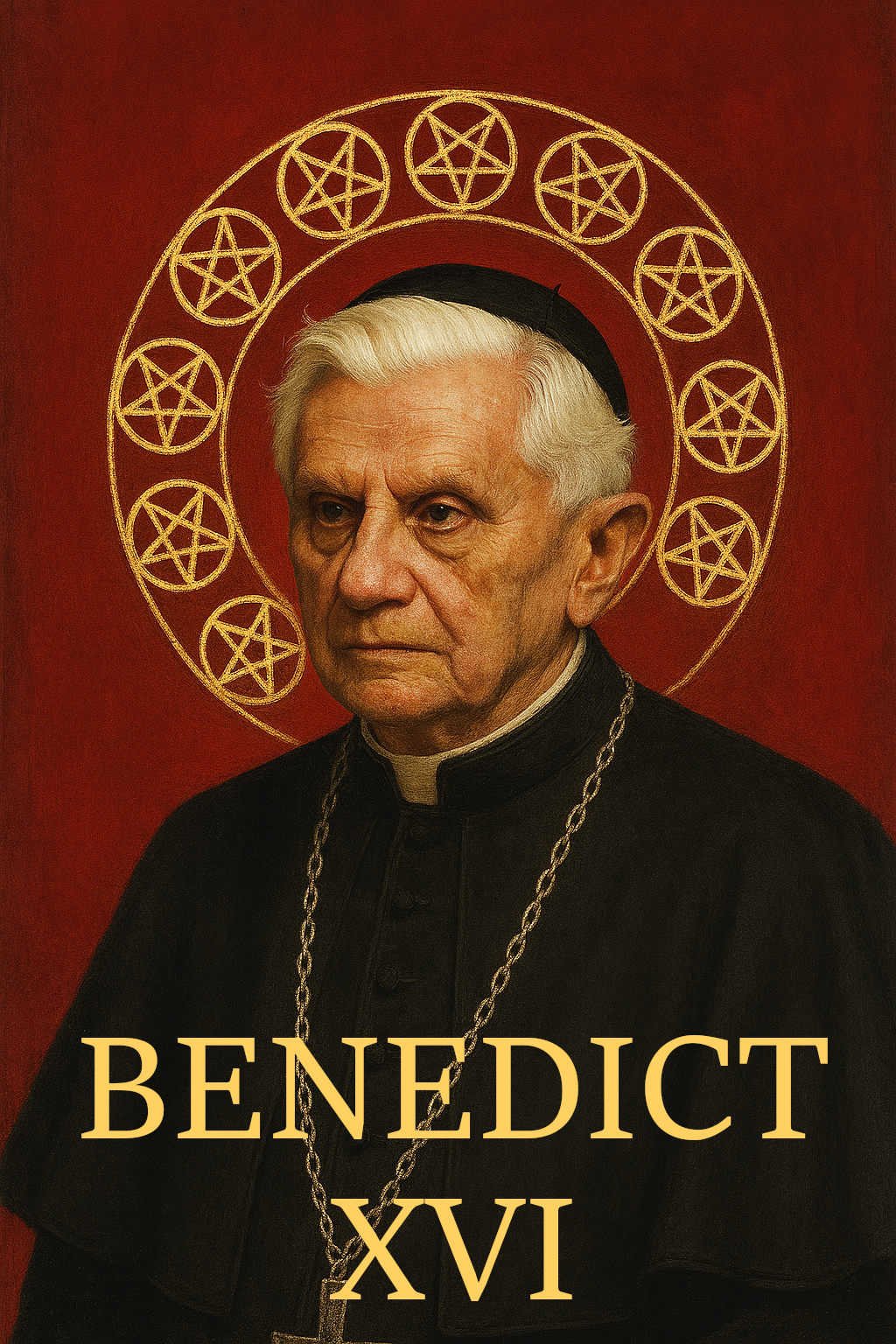


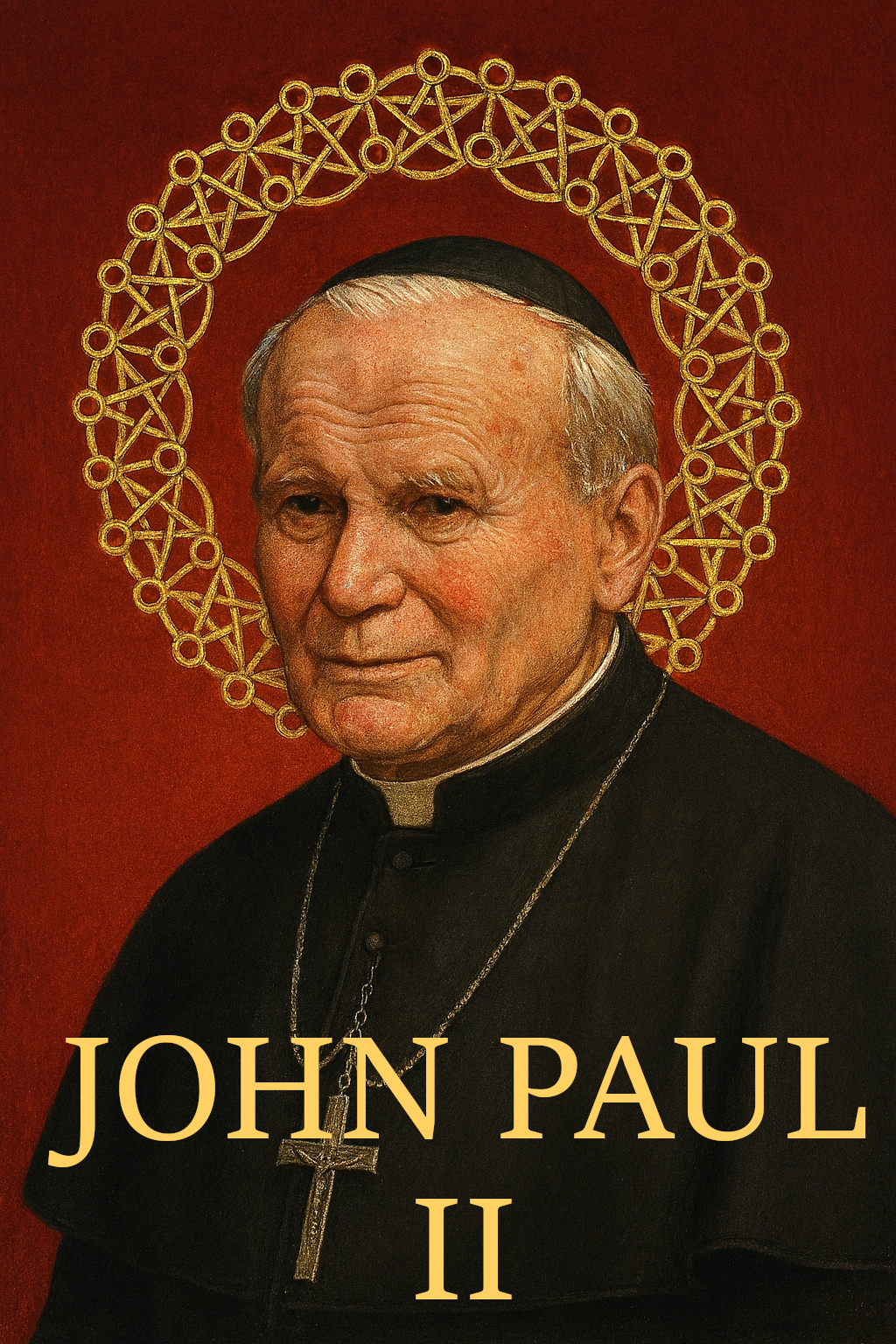








Timeline of this heretical pontiff
Encyclical Letters
+ 15 posts1959
+ 7 posts1961
+ 4 posts1962
+ 2 posts1963
+ 2 postsApostolic Exhortations
+ 3 postsApostolic Constitutions
+ 93 posts1958
+ 6 posts1959
+ 87 postsMotu Proprio
+ 15 posts1958
+ 1 posts1959
+ 1 posts1962
+ 11 postsApostolic Letters
+ 151 posts1958
+ 4 posts1959
+ 63 posts1960
+ 78 posts1961
+ 1 posts1962
+ 4 posts1963
+ 1 postsSpeeches
+ 99 posts1958
+ 2 posts1959
+ 26 posts1960
+ 29 posts1961
+ 16 posts1962
+ 24 postsMessages
+ 6 posts1959
+ 4 postsHomilies
+ 4 postsLetters
+ 152 posts1958
+ 1 posts1959
+ 48 posts1960
+ 32 posts1961
+ 31 posts1962
+ 30 posts1963
+ 10 postsNot categorized
+ 1 posts1958
+ 1 postsNews feed


Benevolentiae caritatis (1959.11.29)
Dated 29 November 1959 and signed by John XXIII, this short Latin letter is addressed to Cardinal Iacobus Aloisius Copello on the occasion of his eightieth birthday. It offers polite congratulations, recalls his service (especially in Buenos Aires), praises his zeal for religion and his role as Chancellor of the Roman Church, and imparts an “Apostolic Blessing” upon him and those celebrating with him. Behind its seemingly harmless courtesies lies the distilled mentality of the nascent conciliar revolution: a purely humanistic, horizontal, and self-referential clericalism that confirms a usurped authority and prepares the way for the dismantling of the visible Church’s supernatural constitution.
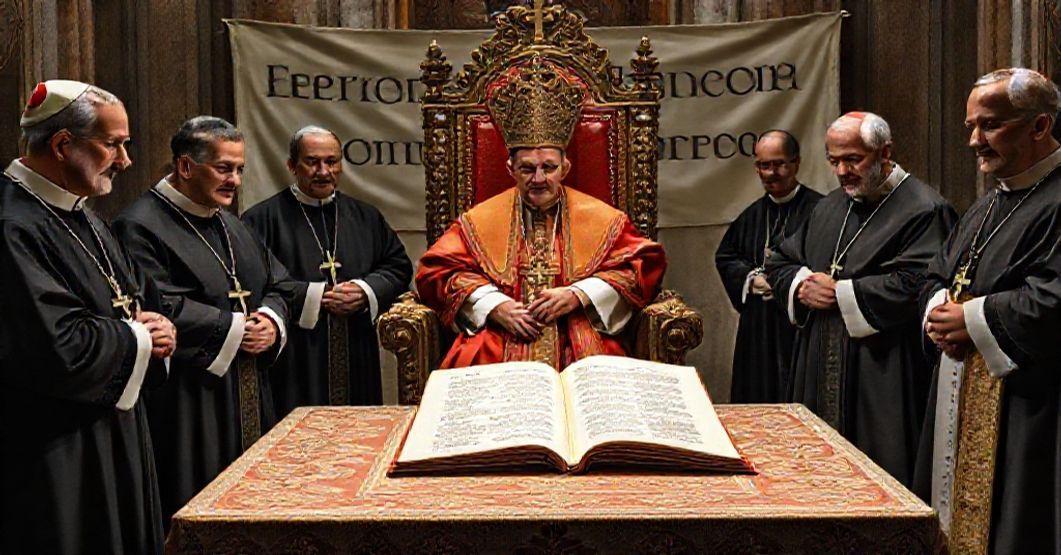

Apostolici muneris (1959.11.29)
In this Latin circular letter, antipope John XXIII responds with paternal-sounding courtesy to the joint communication of German hierarchy figures (Frings, Wendel, Doepfner and others), praising: pilgrimages to the “Holy Tunic” at Trier; preparation for the Munich International Eucharistic Congress; charitable works, especially in diaspora regions; initiatives toward those “separated” from the Church; and the expectation and preparation of the future “Ecumenical Council.” He wraps all this in pious vocabulary about Christ the King, Marian shrines, unity, and pastoral solicitude.


Quinquagesimum natalem (1959.11.28)
This short Latin letter of John XXIII, issued on 28 November 1959, is an official congratulatory message addressed to Pietro Ciriaci on the fiftieth anniversary of his priestly ordination. John XXIII recalls their shared Roman seminary years, praises Ciriaci’s academic and diplomatic career, extols his service to the Roman Curia, highlights his role as Apostolic Nuncio in Czechoslovakia and Portugal, commends his work in interpreting the Tridentine decrees and handling “arduous” cases, and concludes by invoking divine light and strength so that Ciriaci may continue to labor for the “utility and honor” of the Roman See, extending an Apostolic Blessing to him and all connected to the jubilee.
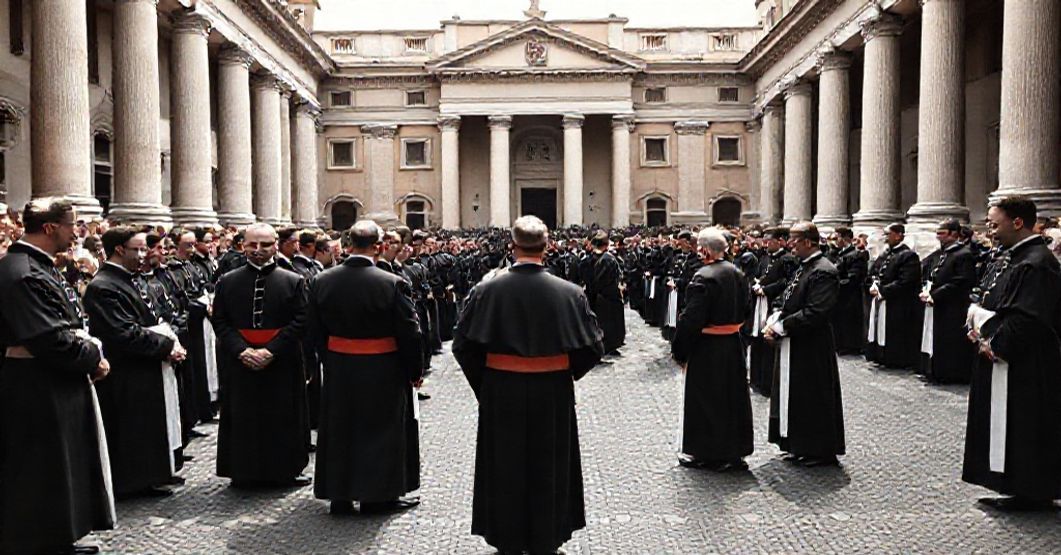

Centum (1959.08.28)
The letter commemorates the centenary of the Pontifical North American College in Rome. John XXIII congratulates its superiors and alumni, praises the generosity and foresight of the American hierarchy in founding it, recalls the fruits it allegedly bore in clergy and episcopate, lauds Pius XII’s dedication of the new building on the Janiculum, and extols Rome as the privileged place for priestly formation, wishing abundant blessings upon the College and imparting his “Apostolic Blessing.” All this appears as harmless celebration of a seminary’s jubilee, yet it is in fact the polished facade of a program: the consolidation of a new humanist, Americanized, conciliatory clergy at the very nerve center of the nascent conciliar revolution.
Varia
Announcement:
– News feed –implemented
– Antipopes separate web sites with their all documents refutation – in progress
